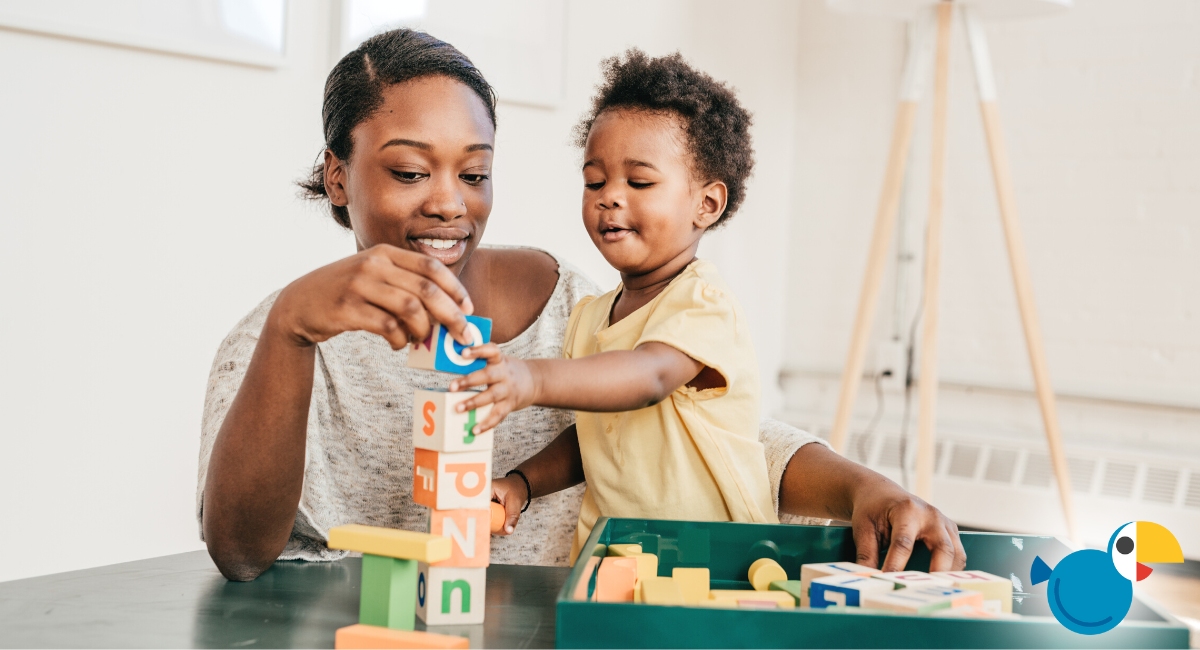School Ready Skills: Uses words to get help and answer questions
As parents, we often marvel at our child's first words and sentences, but did you know that these early speech milestones are essential building blocks for school readiness? Early speech development plays a pivotal role in preparing your child for academic and social achievements. Children’s brains are wired for learning and 80% of brain growth happens in the first three years of life. When is comes to Communication Skills & General Knowledge, recent data shows that only 41.4% of Spartanburg kindergarteners were ready for school.

Why Early Speech Development Matters for School Readiness:
- Communication Skills: Effective communication is at the heart of successful learning. Children who can express themselves clearly are more likely to engage with teachers, ask questions, and seek help when needed.
- Vocabulary Growth: A strong vocabulary is the cornerstone of reading comprehension. Kids with well-developed language skills have an easier time understanding and learning from written texts. Starting early with good communication gives kids an advantage when it’s time to begin reading.
- Social Interaction: Early speech development fosters social skills by enabling children to make friends, collaborate with peers, and build positive relationships with teachers and classmates. Even simple things like taking turns to talk, not interrupting, and listening to others are skills kids need to practice.
- Confidence and Independence: Children who can use words to express their needs and thoughts feel more confident and independent in the classroom. This confidence fuels their willingness to participate and take on challenges.
Now, here's a quick list of ways parents can encourage language skills starting from birth, yes, birth! Babies are wired for learning. They begin learning the moment they are born. Simple, meaningful interactions from parents or caregivers will get them on track for lifelong success.
 |
How to Encourage Language Skills:
|
- Expand on Their Words: When your child says a word, expand on it. For example, if they say "ball," you can say, "Yes, that's a red ball. It’s so shiny. Let’s roll it back and forth.”
- Use Real-Life Situations: Incorporate language into daily routines, such as naming items while grocery shopping or discussing the day's activities during bath time.
- Play and Explore Together: Play games that encourage language development, like "I Spy" or role-playing with dolls or action figures.
- Limit Screen Time: That’s a hard one, but it creates more opportunities for face-to-face interactions and conversation.
By nurturing your child's language skills early on, you're setting them on a path to thrive academically and socially in school. So, let the journey to school readiness begin with the power of words and the joy of communication.
© 2025 Hello Family. All Rights Reserved|
Privacy | Cookies |
Site by ALINE, A Marketing Company
